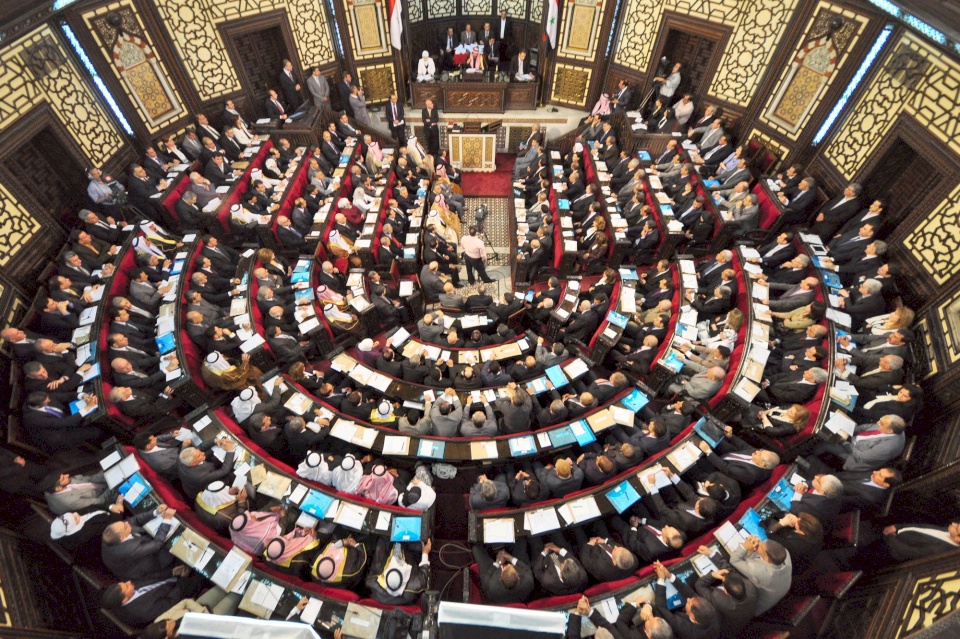
The First Parliament After Assad: A Step Towards Democracy or a Recycling of Influence?
SadaNews - Today, Sunday, the Syrian authorities are preparing to launch the first parliament after the overthrow of Bashar al-Assad's regime, signaling the start of the legislative phase of the transitional authority led by President Ahmad al-Shara.
The new parliament is being formed through an indirect system, where regional electoral bodies select two-thirds of the council members (140 out of 210), while President al-Shara retains the power to appoint the remaining third (70 deputies). Three provinces have been excluded from voting for "security" reasons, leaving 19 vacant seats.
Amid limited female representation, 1,578 candidates are competing for the seats, of which only 14% are women. Among the prominent names is the Syrian-American candidate Henry Hamra, the first representative of the Jewish community in seventy years, who is the son of the last rabbi to leave Syria in the 1990s.
About 6,000 voters from regional bodies will participate in the voting, with results to be announced later today, while the parliament's formation will be completed after the presidential appointments. The authorities justify the electoral system by the difficulties of conducting general elections due to mass displacement and the lack of accurate demographic data.
Human rights and civil organizations, including 14 Syrian organizations, have criticized the electoral system, arguing that the president's appointment of a third of the parliament members threatens pluralism and grants the executive authority near absolute dominance, despite attempts to give an appearance of representation for minorities and women.
This formation comes amid a critical phase that Syria is undergoing after a 14-year war, which has left widespread destruction and mass displacement and has fueled sectarian divisions. The new parliament is viewed as a real test of the legitimacy of the transitional authority and its ability to represent all segments of the Syrian people amidst deep economic, political, and social challenges.

U.S. War Secretary: The Iranians' Time Is Over

A Potential Successor to His Father.. Mojtaba Khamenei Survives Attack on Iran

الاحتللال الإسرائيلي تصدر أمر إخلاء لسكان جنوب لبنان

Occupation notifies of the seizure of 3.9 dunams of land in Jaba' south of Jenin

Israeli Army Announces Downing of Iranian Warplane and Broad Strikes on Tehran

The toll of martyrs in Gaza rises to 72,116

Occupation Continues to Close Al-Aqsa Mosque for the Fifth Consecutive Day

